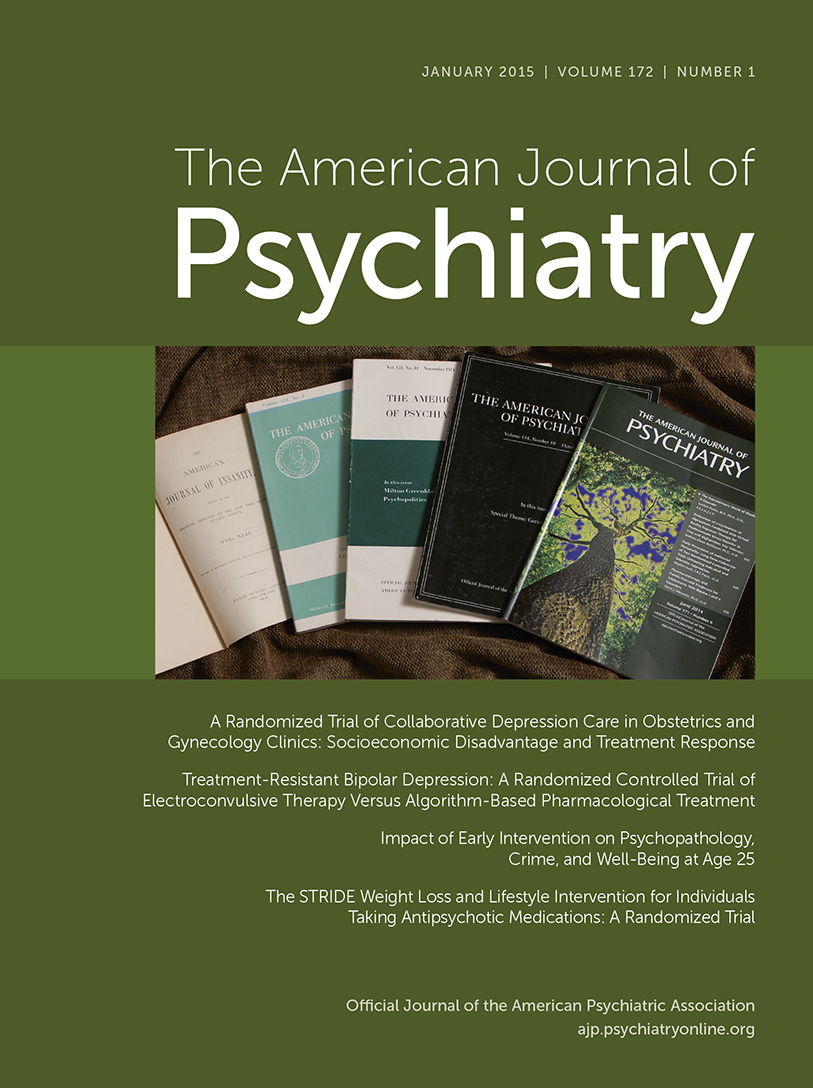Impact of Early Intervention on Psychopathology, Crime, and Well-Being at Age 25
Abstract
Objective:
This randomized controlled trial tested the efficacy of early intervention to prevent adult psychopathology and improve well-being in early-starting conduct-problem children.
Method:
Kindergarteners (N=9,594) in three cohorts (1991–1993) at 55 schools in four communities were screened for conduct problems, yielding 979 early starters. A total of 891 (91%) consented (51% African American, 47% European American; 69% boys). Children were randomly assigned by school cluster to a 10-year intervention or control. The intervention goal was to develop social competencies in children that would carry them throughout life, through social skills training, parent behavior-management training with home visiting, peer coaching, reading tutoring, and classroom social-emotional curricula. Manualization and supervision ensured program fidelity. Ninety-eight percent participated during grade 1, and 80% continued through grade 10. At age 25, arrest records were reviewed (N=817, 92%), and condition-blinded adults psychiatrically interviewed participants (N=702; 81% of living participants) and a peer (N=535) knowledgeable about the participant.
Results:
Intent-to-treat logistic regression analyses indicated that 69% of participants in the control arm displayed at least one externalizing, internalizing, or substance abuse psychiatric problem (based on self- or peer interview) at age 25, in contrast with 59% of those assigned to intervention (odds ratio=0.59, CI=0.43–0.81; number needed to treat=8). This pattern also held for self-interviews, peer interviews, scores using an “and” rule for self- and peer reports, and separate tests for externalizing problems, internalizing problems, and substance abuse problems, as well as for each of three cohorts, four sites, male participants, female participants, African Americans, European Americans, moderate-risk, and high-risk subgroups. Intervention participants also received lower severity-weighted violent (standardized estimate=−0.37) and drug (standardized estimate=−0.43) crime conviction scores, lower risky sexual behavior scores (standardized estimate=−0.24), and higher well-being scores (standardized estimate=0.19).
Conclusions:
This study provides evidence for the efficacy of early intervention in preventing adult psychopathology among high-risk early-starting conduct-problem children.



